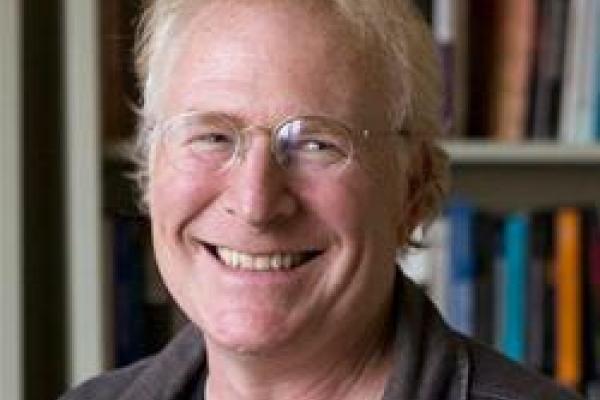
The Center for Historical Research (CHR) in association with the OSU Institute for Democratic Engagement and Accountability (IDEA) will present a two-year program of lectures and seminars in 2019-21 on the problems facing contemporary global democracy. There are concerns that democracy, whatever form it may take, is under stress around the world. This CHR-IDEA series will examine what is meant by democracy in various regions and countries, how these meanings are changing, and the extent to which democracy is changing and/or under sustained and serious attack. Leading scholars from a variety of disciplines began to address those issues last year in a series that will run through Spring 2021.
'Russia Without Putin' is a popular political refrain chanted at opposition protest rallies in Russia for nearly a decade. The slogan implies, of course, that the person of Putin is the main obstacle to democratic development. It is a theme commonly expressed by scholars and pundits too. This talk takes exception to this viewpoint. Instead, it attempts to depersonalize contemporary Russian politics, and suggests a historical-institutionalist argument to explain the persistence of a strong central state and a weak civil society in Russia.
Gerald Easter is a Professor of Comparative Politics at Boston College. His current research focuses on the policing of protest politics in the late communist period and postcommunist periods. He is the author of Capital, Coercion, and Postcommunist States (Cornell: 2012), which won the Hewitt Prize for Political Economy and the Davis Prize for Social Science from the ASEEES. And his most recent book is a general history on art and politics, entitled The Tsarina's Lost Treasure: Catherine the Great, a Golden Age Masterpiece, and a Legendary Shipwreck (Pegasus: 2020).
Please register for this event here.
